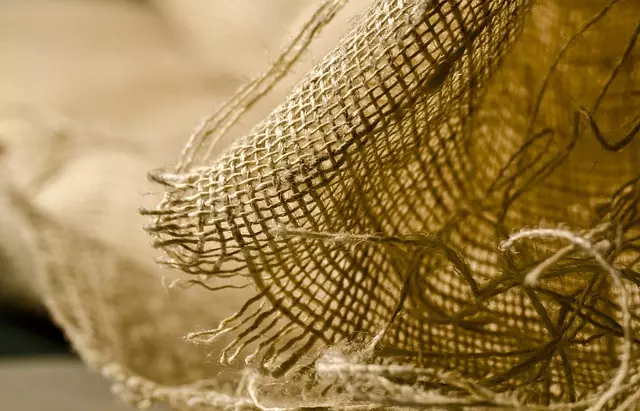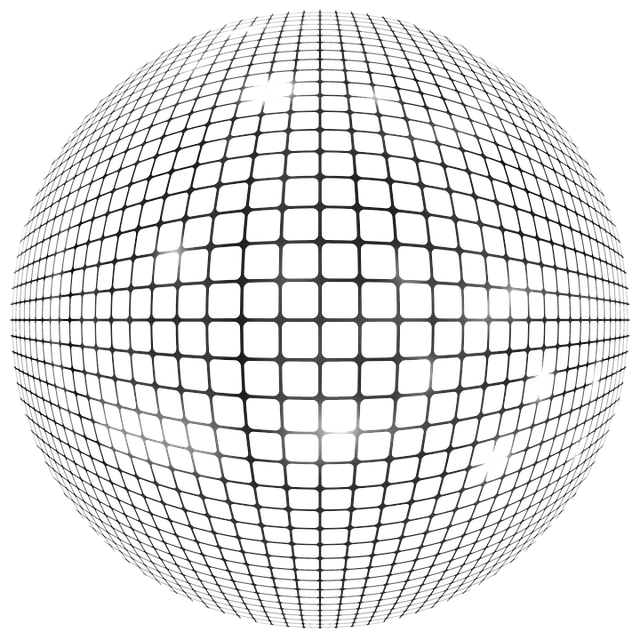Black Maeng Da Kratom has been linked to hair health and regrowth, particularly for those experiencing hair loss associated with its use. Preliminary research suggests that alkaloids like mitraphylline and 7-hydroxymitragynine may stimulate hair follicles by interacting with growth cycle receptors. While anecdotal evidence from users shows some regain hair after stopping Kratom, the scientific community advises caution, as these findings are preliminary and should be considered alongside individual health statuses and Kratom use durations. It's important for individuals to consult healthcare professionals for personalized medical guidance on hair loss issues potentially related to Kratom intake. The potential for hair regrowth after discontinuing Kratom exists, but its efficacy and the timing of regrowth can vary widely due to individual factors. As such, more research is needed to clarify how Black Maeng Da Kratom affects hair growth and whether hair loss from Kratom use definitively grows back.
Explore the intriguing connection between Black Maeng Da Kratom and its potential effects on hair health and regrowth. This article delves into the science behind this potent strain’s active alkaloids, shedding light on how they may contribute to combating hair loss. Through a detailed analysis, we uncover the mechanisms at play and discuss the experiences of individuals who have witnessed hair regrowth after incorporating Black Maeng Da Kratom into their routines. Does hair loss from Kratom grow back? The evidence suggests a promising path forward for those seeking natural remedies for this common concern. Join us as we navigate the complexities and explore the transformative impact of Black Maeng Da Kratom on hair vitality.
- Unraveling the Impact of Black Maeng Da Kratom on Hair Health and Regrowth
- Comprehensive Analysis of Black Maeng Da Kratom's Active Alkaloids and Their Role in Hair Loss Prevention
- Personal Journeys: Documented Experiences with Black Maeng Da Kratom and Hair Regrowth
Unraveling the Impact of Black Maeng Da Kratom on Hair Health and Regrowth

Black Maeng Da Kratom, a strain derived from the leaves of Mitragyna speciosa, has garnered attention for its various effects on human health and well-being. In recent discussions within the scientific community, there has been a focus on its potential impact on hair health and regrowth. Users who experience hair loss due to Kratom consumption often raise concerns about the reversibility of this side effect. Preliminary research suggests that certain alkaloids found in Black Maeng Da Kratom may influence hair growth. These compounds, such as mitraphylline and 7-hydroxymitragynine, could potentially stimulate follicle activity by interacting with receptors involved in hair growth cycles.
Reports from individuals who have discontinued Kratom use after noticing hair thinning or loss have indicated that regrowth can occur over time. However, the scientific evidence is still emerging, and while anecdotal success stories are encouraging, they should be considered alongside a comprehensive understanding of the individual’s overall health and the duration of Kratom exposure. It is important for individuals experiencing hair loss from any cause, including Kratom use, to consult with healthcare professionals. They can provide personalized advice, considering all factors that contribute to hair health, and determine whether cessation of Kratom could lead to hair regrowth. Ongoing research into the effects of Black Maeng Da Kratom on hair health aims to shed light on this complex issue, potentially offering hope for those affected by Kratom-induced hair loss.
Comprehensive Analysis of Black Maeng Da Kratom's Active Alkaloids and Their Role in Hair Loss Prevention

Black Maeng Da Kratom, a strain derived from the Mitragyna speciosa plant, has garnered attention for its potential effects on hair health and loss prevention. A comprehensive analysis of its active alkaloids—mitraphylline, 7-hydroxymitragynine, and speciogynine—reveals their role in promoting hair growth or mitigating hair loss. Mitraphylline, for instance, has been studied for its anti-inflammatory properties, which could play a significant role in reducing the inflammation associated with certain types of hair loss, such as androgenetic alopecia. Additionally, 7-hydroxymitragynine, an opioid alkaloid found in high concentrations in Maeng Da, has been observed to influence the body’s immune response, potentially aiding in the regeneration of hair follicles. While speciogynine, another dominant alkaloid, may contribute to the overall well-being of the scalp by exerting antimicrobial effects, helping to maintain a healthy environment for hair growth. It is important to note that while these compounds present promising properties, scientific research is ongoing to fully understand their effectiveness in hair loss prevention and whether hair lost due to Kratom use can regrow once the substance is discontinued. Users considering Black Maeng Da Kratom for hair health should consult healthcare professionals and consider the full spectrum of its potential effects alongside professional medical advice.
Personal Journeys: Documented Experiences with Black Maeng Da Kratom and Hair Regrowth

black Maeng Da Kratom has been a subject of interest within personal journey narratives, particularly concerning hair regrowth. Users who have experienced hair loss associated with kratom use often share their individual experiences online, providing insights into whether their hair has reverted to its previous state after ceasing consumption. Reports from these personal accounts vary, with some individuals recounting positive outcomes where their hair began to grow back after discontinuing the use of Black Maeng Da Kratom. These anecdotes suggest that hair loss resulting from kratom ingestion may be reversible in certain cases, potentially due to kratom’s interactivity with the body’s hormonal balance and overall health. However, it is crucial for individuals experiencing similar issues to consult healthcare professionals before making any changes to their kratom usage or hair care regimen. The timing of hair regrowth after stopping kratom can differ among users, influenced by factors such as genetics, the duration and frequency of kratom intake, and individual physiological responses. Consequently, while some users report a correlation between ceasing kratom consumption and the resumption of normal hair growth, these experiences are not universally consistent, highlighting the need for further scientific research to understand the relationship between Black Maeng Da Kratom and hair regrowth fully.
Black Maeng Da Kratom has garnered significant attention for its potential effects on hair health and regrowth. This article delved into the science behind its active alkaloids, offering a clearer understanding of how they may contribute to preventing hair loss. Through a comprehensive analysis, we’ve uncovered promising insights that suggest Black Maeng Da Kratom could play a role in promoting hair regrowth. Moreover, personal anecdotes shared by individuals who have experienced its benefits provide real-world evidence supporting these findings. While further research is necessary to fully elucidate the mechanisms at play, the current body of evidence suggests that Black Maeng Da Kratom may indeed be a viable option for addressing hair loss concerns. For those curious about whether hair lost due to Kratom use can grow back, this exploration into Black Maeng Da Kratom’s properties offers cautious optimism.






